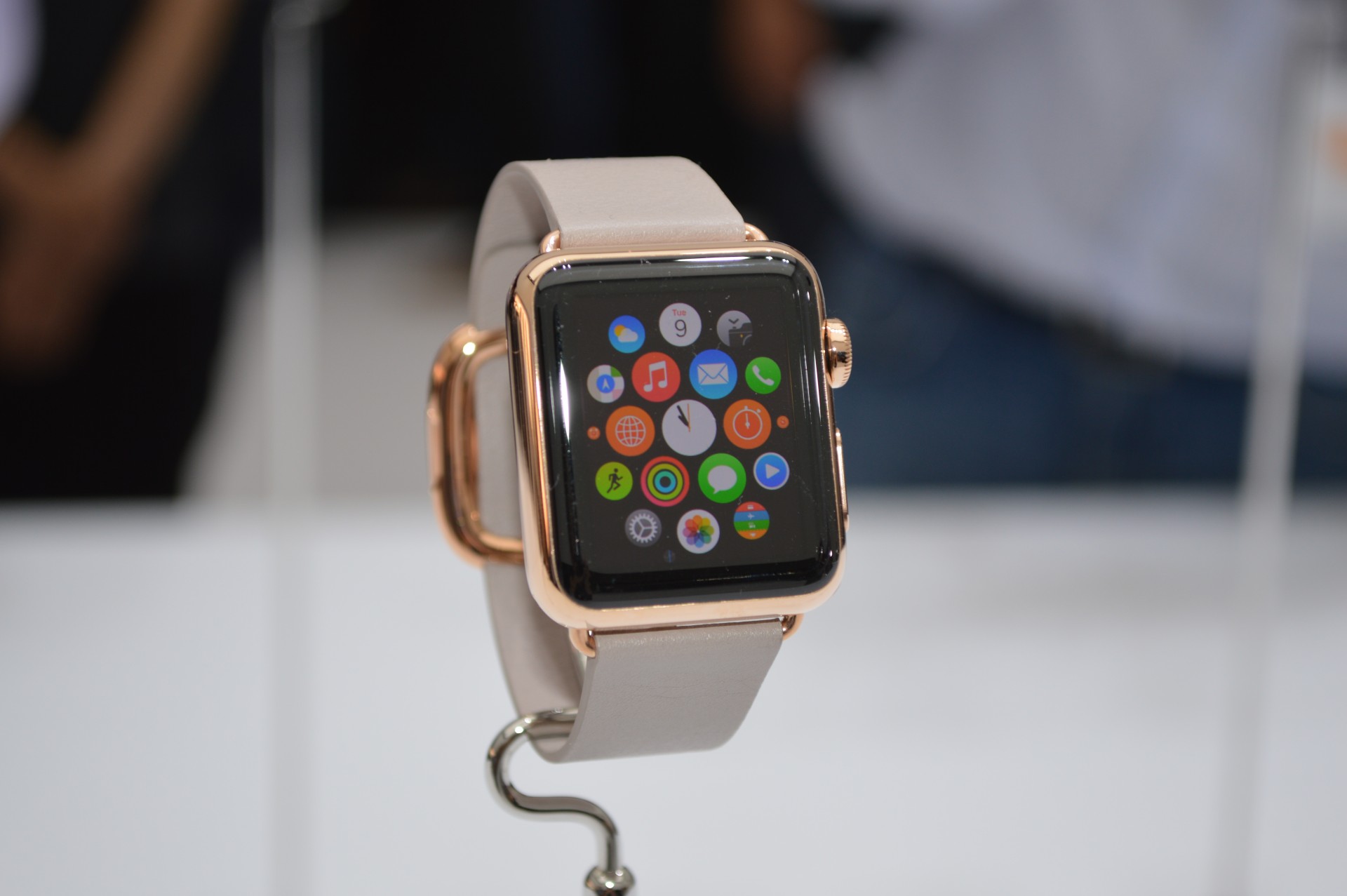
The Apple Watch Is Expensive
$349 for the base level Apple Watch Sport is a lot of money, to be sure. And $999 for the 42mm Stainless Steel Apple Watch Link Bracelet is about a week’s worth of salary for most Americans. But Apple’s pricing on the Apple Watch can’t be looked at in a vacuum. Indeed, if we take a step back and look at Apple Watch pricing in the broader context of similar products and other luxury items, there’s nothing at all unique about the pricing matrix Apple came up with for its new wearable.
For starters, the Apple Watch is cheaper than the first few iterations of the iPod. To wit, Apple’s 2002 second-gen iPod was priced at $499, the equivalent of $648 in 2015. And as we all know, Apple certainly had no problem at all selling iPods by the tens of millions.
People curiously tend to forget that Apple’s entire business model is predicated on selling premium products at premium prices. Hardly a new strategy, Apple has successfully implemented this business model to unprecedented financial success, to the tune of $194 billion in the bank per Apple’s most recent earnings report.
This pretty much nails it (except for the part about how “most Americans” make $52,000 a year).
It has always annoyed me when people complain about Apple products being too expensive. But make no mistake: Apple is a luxury company. Their products are built from luxury materials assembled via complex manufacturing techniques, and they have the premium price tags to show for it. So not only is the 18-karat gold Apple Watch Edition expensive, so is the base Sport model. I get that.
What I don’t get is why so many people (particularly people familiar with recent Apple history) expected a $200 smartwatch from the company. Looking back to the September 2014 Apple Watch reveal, I actually believe this is the main reason why Cupertino announced the device would start at $349 but didn’t say anything more. They had to give their lowest-end product an aspirationally-priced (but attainable) footing to dismiss and transcend the “budget” featurewatch market set by Pebble and Android and others. They did that. Had Apple kept pricing a complete mystery, though, people would surely be acting even more “shocked” than they’re already pretending to be.
But it still wouldn’t have hurt sales.